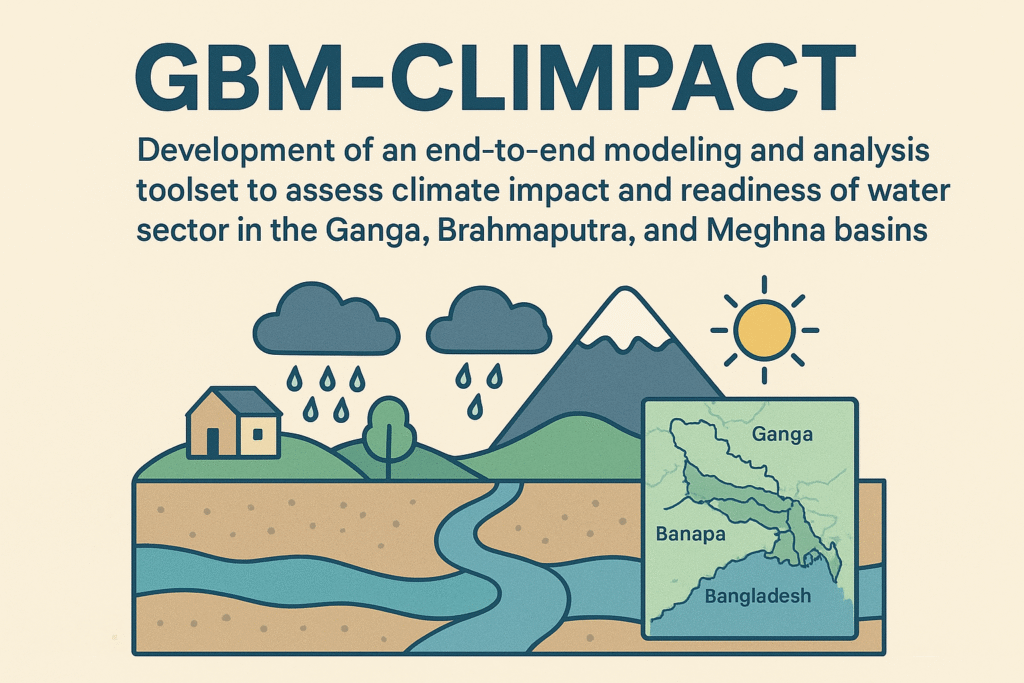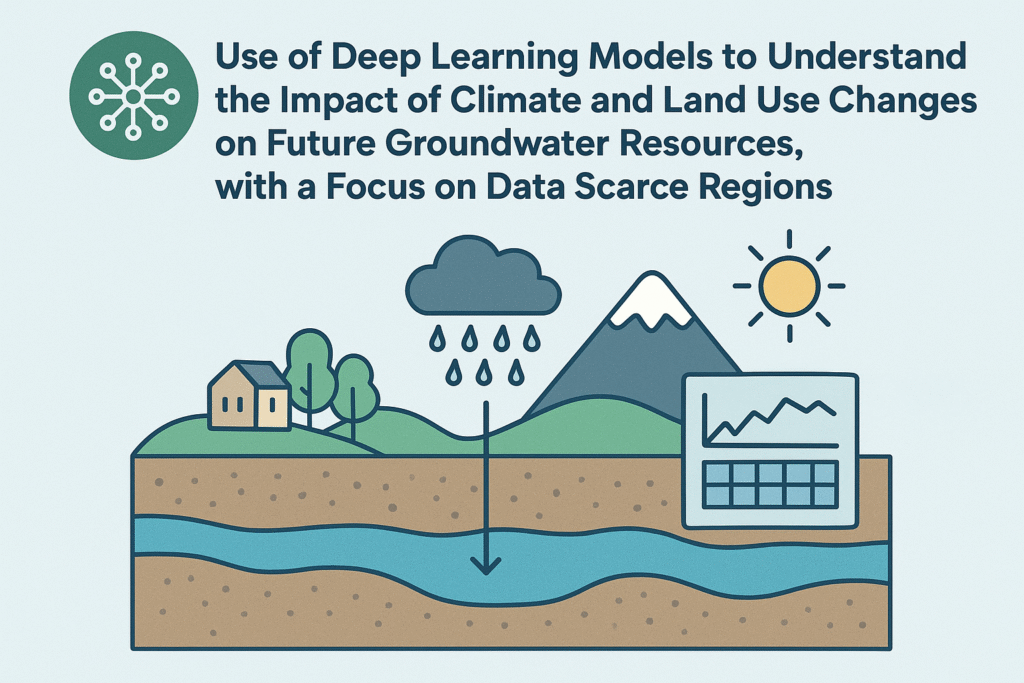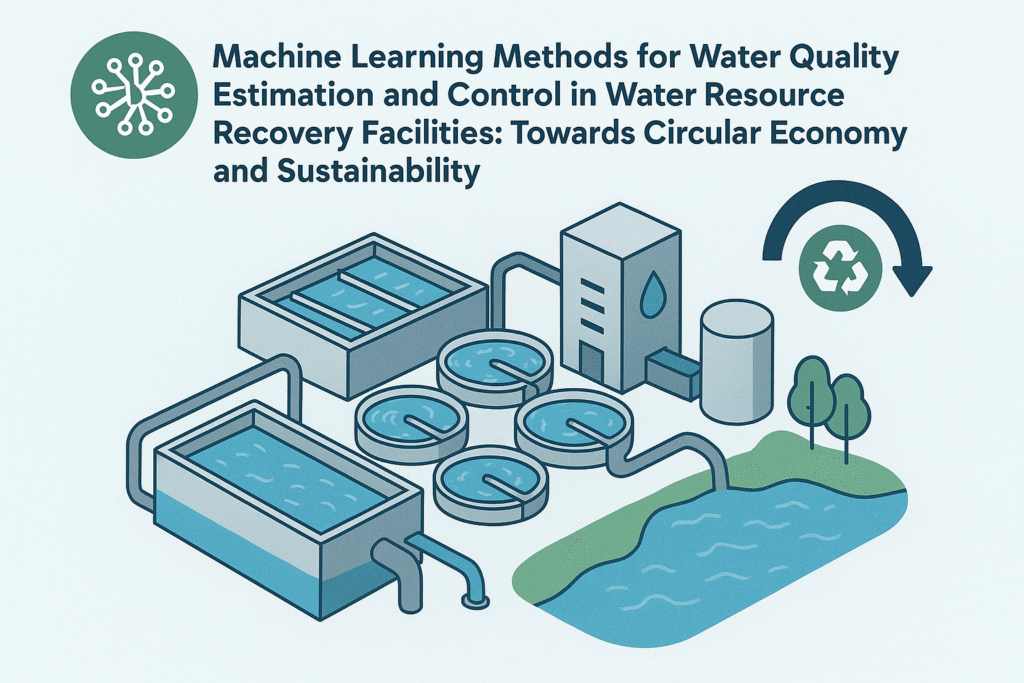ABOUT THE PROJECT
This project engages community pharmacists in India in order to improve early detection of and provide effective treatment for tuberculosis.
NOTABLE ACHIEVEMENTS (November 2016)
- Researchers have designed an intervention strategy to meet needs and contexts of community in which intervention is being provided
- The project is using e-Health technology in novel ways including SMS text messaging, state of the art ICT Platform and e-referrals
- 105 pharmacists have been recruited
- Time to detection has dropped from 60 days to 4, an improvement of 93% in early detection
PROJECT UPDATE (April 2016)
A situation analysis was conducted in Sept. 2015 to finalize the intervention protocol, obtain institutional ethics approvals, and train study staff. Stage 1 and Stage 2 pharmacy providers were recruited, educated and trained to engage in the intervention in Dec. 2015 and Feb. 2016, respectively. Results from the first 3 months of the project implementation (Dec. 2015 – March 2016) at 60 pharmacies are promising. Of 325 CXR referrals initiated by the pharmacy providers, 271 (83%) were completed, and 144 (53%) were found to be abnormal. Of 152 doctor referrals initiated by pharmacy providers, 146 (96%) were completed, 60 (41%) were referred for sputum and/or GeneXpert testing, and 45 TB cases were notified, all of which initiated treatment. Seven (15%) TB patients had microbiological confirmation. The median duration of TB symptoms among notified patients was 30 days (IQ 21-90), and time from pharmacy contact to treatment initiation was 6 days (IQ 2-14). Focus groups with Stage 1 pharmacy providers found the intervention to be highly acceptable. The intervention was perceived to improve their credibility and trust with patients in the community. Identified challenges included high consumer demand for over-the-counter medicines, patient loss to follow-up after CXR referral, and high pharmacist workload.
RESEARCH ABSTRACT
India bears the world’s highest burden of tuberculosis (TB), and accounts for a third of the “missing 3 million cases” that remain undiagnosed. Diagnostic delays, averaging 2 months, contribute to high morbidity and mortality, and increased community transmission. Pharmacies are the first point of contact for many undiagnosed patients, and serve as optimum entry-points to screening services. Engaging pharmacy providers could help shorten the diagnostic pathway for
TB and enhance early case detection. This study is a collaborative research partnership between McGill University, Canada, and World Health Partners (WHP), India. We are piloting an intervention that engages community-based pharmacists and utilizes e-health technology to achieve early TB case detection. We are recruiting 105 pharmacies, under a step-wedge design (Stages 1-3), in 3 blocs of Patna city. Our objectives are to: (1) educate and engage pharmacy providers in early TB case detection via training, incentives, and e-health messaging; (2) promote chemist referral of adult TB symptomatic patients for a chest radiograph (CXR) and/or doctor consultation using an ICT platform; and (3) evaluate intervention effectiveness and acceptability using mixed methods. We believe this intervention will be effective, feasible and acceptable, and serve as a pilot for broader expansion. The study is relevant to India, where novel initiatives are urgently needed to mitigate the impact of TB, and in Canada, where TB remains a major health problem in the Aboriginal population.
Project Team
Dr. Madhukar Pai, McGill University
Dr. Amrita Daftary, McGill University
Dr. Andy McDowell, McGill University
Dr. Srinath Satanarayana, McGill University
Dr. Nita Jha, World Health Partners
Dr. Pranati Das, World Health Partners
Partners
McGill University
School for Advanced Studies in the Social Sciences, France
Dr. Nita Jha, World Health Partners
Current Number of Students: 6
Key Outcomes
Publications: 11
Presentations: 2
Deployments: 1




